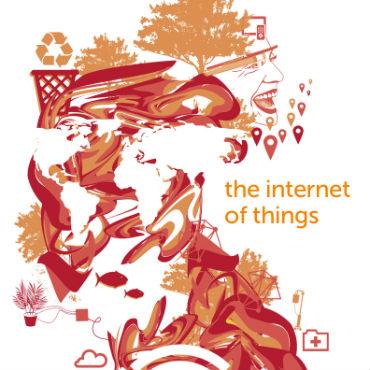The government IT gift guide of the future
A new report from the Center for Data Innovation shows what sensor technology can do for government.

WHAT: "The Internet of Things" from the Center for Data Innovation
WHY: Advances in sensor technology, high-speed data processing and connected appliances is giving rise to a new online ecosystem known as "The Internet of Things." For consumers, this means the increasing ubiquity of conveniences like refrigerators that ping your smartphone when you need milk or thermostats that adjust to household routines. But the technology also has the potential to transform how governments use energy, monitor natural resources, protect infrastructure and more.
Daniel Castro and Jordan Misra of the Center for Data Innovationtake a look at recent developments in machine-to-machine communication and connected appliances in a new report that does double duty as a catalog of what government IT specialists could have on their shopping lists in years to come.
Already, for example, the Brazilian government is able to monitor illegal logging in the Amazon rain forest using a network of small devices placed in trees in protected areas. Australia is using sensor buoys on the Great Barrier Reef to collect data on damage to the coral reef ecosystem. A network of more than 600 wireless sensors monitors the Jindo Bridge in South Korea for potential structural threats. Such a system could be used to identify stressors on aging U.S. infrastructure, potentially preventing tragedies like the 2007 collapse of the I-35 bridge in Minneapolis that killed 13 people. The connected appliance technology also has the potential to transform health care monitoring, transportation and agriculture.
There are some policy hurdles for the widespread adoption of this new technology. Castro and Misra argue that governments need to be at the forefront of testing and proving these new connected devices, but also protecting the citizen data collected by a new generation of ubiquitous sensors. In particular, they advocate more "permissive" data collection regulations, while restricting data use that could infringe on privacy or cause other harm.
VERBATIM: "Given the many opportunities available for the Internet of Things to make a significant impact on existing societal challenges, policymakers should be some of the most prominent champions of this technology. At the national level, transportation agencies should ensure that funding for highways and bridges includes money for sensor technology; agencies responsible for government buildings should deploy smart building technologies; and regulatory agencies should ensure that they have sufficiently fast-paced processes available to review innovative technologies like remote health monitoring."






